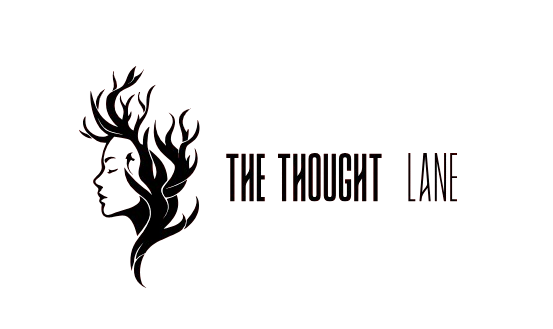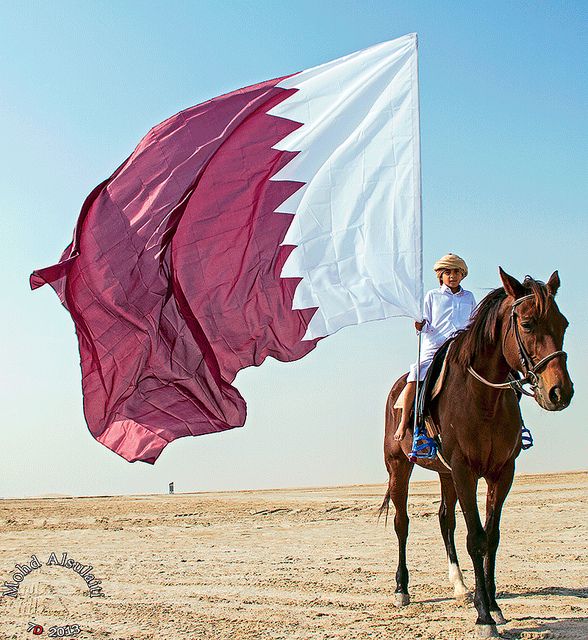Qatar is once again at the epicenter of Middle Eastern geopolitical turmoil. On June 23, 2025, missiles struck a U.S. military base in Qatar as part of the growing conflict between Israel and Iran. What followed stunned the world: former U.S. President Donald Trump issued a statement thanking Iran after the strike. As the Gulf region shakes under the weight of this crisis, Qatar’s unique role, the fate of expatriates, and the future of Middle Eastern diplomacy all hang in the balance.
Why Qatar Became the Target in the Israel-Iran Conflict
Qatar, a small yet strategically significant Gulf state, houses one of the largest American military bases outside the U.S.—Al Udeid Air Base. With escalating hostility between Iran and Israel, this base became a symbol and a soft target.
Iran’s missiles, reportedly launched in retaliation for an Israeli cyberattack, landed perilously close to American assets. But why Qatar? The answer lies in its geopolitical position:
- Proximity to both Iran and U.S. military presence
- A relatively neutral stance that sometimes frustrates both sides
- Its symbolic value in escalating regional pressure
This incident threw Qatar from relative quiet into the frontlines of a dangerous conflict.
Gulf Expat Life in Chaos After Qatar Missile Attack
Gulf countries like Qatar are home to millions of expatriates, many from South Asia, Africa, and Southeast Asia. The missile strike sent shockwaves across the expat community:
- Evacuations and flight delays reported in Doha
- Remote work mandates for multinational employees
- Schools closed for security reviews
- Social media panic as expats called home for safety assurance
The “Gulf expat bubble” — where foreigners enjoyed safe, tax-free life — now seemed vulnerable. While Qatar responded swiftly with emergency protocols and security reinforcements, the psychological impact lingers.
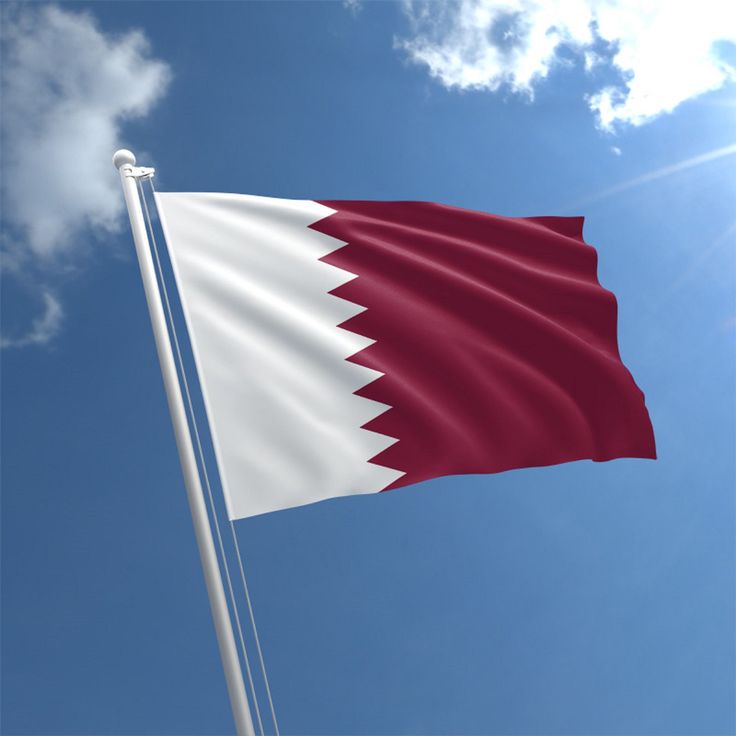
Trump’s Shocking Statement: Why Did He Thank Iran?
Perhaps the most bizarre development was Donald Trump’s public statement thanking Iran shortly after the missile strike.
“Iran has shown restraint and clarity. Unlike the Biden administration, I respect that,” — Trump posted on Truth Social.
This statement shocked global leaders and American citizens alike. Analysts believe this may be part of Trump’s broader strategy to:
- Undermine President Biden’s Middle East policies
- Praise what he perceives as “predictable enemies”
- Position himself as a global peace negotiator ahead of U.S. elections
But to many, his comment was deeply controversial, especially given the direct threat to American military personnel in Qatar.
Qatar’s Government Response: Calm Under Pressure
Qatar’s leadership issued a measured yet firm response:
- Condemned missile attacks as “a breach of international norms”
- Urged de-escalation between Iran and Israel
- Confirmed no casualties at Al Udeid Air Base
- Coordinated with U.S. and Gulf allies for joint investigations
Qatar’s foreign ministry reiterated its commitment to peace and regional stability, calling on both Iran and Israel to resolve tensions through diplomacy.
The Israel-Iran Conflict’s Ripple Effect in Qatar
Though Qatar has limited direct involvement in the Israel-Iran conflict, the nation faces severe implications:
- Heightened security risk due to U.S. military presence
- Diplomatic strain between neighbors (UAE, Saudi Arabia, Iran)
- Economic uncertainty, especially in energy markets
- Tourism and global image at risk ahead of major events
Investors are watching closely as oil prices respond to every missile or speech. Qatar’s energy-driven economy, particularly LNG exports, is sensitive to geopolitical instability.
Expatriates Weigh Their Options Amid Qatar Tensions
Expats in Qatar are used to comfort, safety, and high salaries. But the missile scare is forcing many to reconsider their futures:
- Recruitment drops as foreign workers hesitate to move in
- Insurance premiums rise for health and life coverage
- Embassies issue safety advisories
Still, Qatar’s quick crisis management has helped calm some fears. Employers are working with local authorities to ensure the safety of their international staff.
Media War: How Qatar Became a Battleground for Propaganda
Another battlefield in this conflict is media and information. News outlets, influencers, and governments are shaping public perception rapidly:
- Iranian state media portrayed the strike as a warning to Israel
- Israeli outlets blamed Qatar for “not preventing Iranian influence”
- American media focused on Trump’s unusual remarks
Qatar, known for hosting Al Jazeera, is in a difficult position, as it balances journalistic freedom with diplomatic sensitivity.
Global Reactions: How the World Is Responding to Qatar’s Crisis
- U.S. Department of Defense confirmed no American casualties and thanked Qatar for cooperation.
- European Union urged calm and reiterated the importance of protecting Gulf infrastructure.
- India and Philippines issued travel advisories and began repatriation for vulnerable workers.
- UN Secretary-General called for “immediate cessation of hostilities” in the region.
Qatar now finds itself needing to lead diplomatically—not just defend militarily.
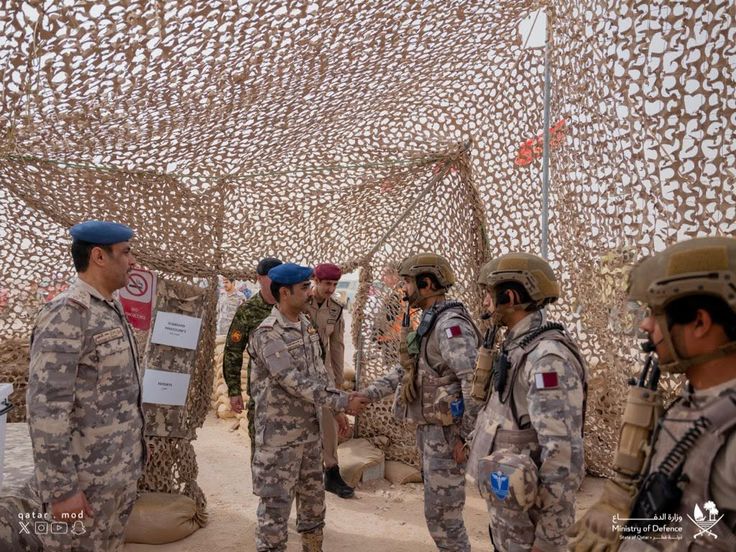
Qatar’s History with U.S. and Iran: A Delicate Balance
Qatar has long maintained relationships with both Washington and Tehran:
- Hosts U.S. Central Command
- Maintains economic and diplomatic ties with Iran
- Mediated in past conflicts, including Afghanistan and Gaza
This balanced diplomacy has earned Qatar a reputation as a “Middle East mediator”—but it also places it in the crosshairs during every escalation.
Conclusion: Qatar’s Future in a Tumultuous Middle East
The missile strike on Qatar marks a new chapter in the region’s politics. It exposed vulnerabilities in what was once seen as a stable Gulf haven. With Trump injecting new unpredictability and Iran-Israel tensions peaking, Qatar must navigate this storm with even greater agility.
Yet, if history proves anything, it’s that Qatar thrives under pressure—turning crises into opportunities for diplomacy, innovation, and global relevance.
Qatar in Crisis: The Explosive Truth Behind the Missile Strike, Trump’s Thanks to Iran & a Region on Edge
On June 23, 2025, the world turned its eyes toward Qatar, not for football or diplomacy, but for explosions, evacuations, and a geopolitical twist no one saw coming. As Iranian missiles struck near the U.S. military base in Al Udeid, the unthinkable happened: Donald Trump publicly thanked Iran.
This wasn’t just another day in the Gulf. This was the day Qatar stopped being a quiet observer and became the ground zero of the next big global showdown.
Qatar: A Peaceful Mirage Shattered by Missiles
For years, Qatar marketed itself as a symbol of luxury, calm, and diplomacy in the Gulf. From the FIFA World Cup 2022 to billion-dollar LNG deals, it was the “Switzerland of the Middle East”.
But that illusion was shattered in a matter of seconds when missiles streaked across the night sky, targeting the U.S.-controlled Al Udeid Air Base. Sirens blared across Doha. Expats scrambled for cover. Parents clutched children. The world watched in disbelief.
Why Was Qatar Targeted? The Unseen Strategy
The immediate question on every expert’s mind: Why Qatar?
Qatar had not provoked anyone. It wasn’t in open conflict. But geopolitical positioning told a different story:
- Al Udeid hosts 10,000+ U.S. personnel
- It’s the air nerve center for American operations in the Middle East
- Iran needed to send a message—not to Qatar, but to the world
And it chose Qatar as the global billboard.
Trump’s Thank You Tweet to Iran: Strategy or Madness?
Just hours after the strike, Donald Trump took to Truth Social and wrote:
“Iran acted with strength and precision. Thank you for not escalating further. Biden should take notes.”
The post went viral in seconds. American military veterans were furious. Gulf diplomats were confused. Biden’s camp was stunned.
But Trump’s playbook has always thrived on chaos. Some experts argue he:
- Wanted to align with power instead of posture
- Aimed to undermine Biden’s control
- Signaled a new kind of diplomacy — one that defies convention and shocks the world
Whether strategic genius or reckless showmanship, Trump made Qatar’s crisis his personal podium.
Life in Limbo: The Expat Fallout in Qatar
For over two decades, expats in Qatar lived like royalty — tax-free salaries, luxury apartments, global schools, and endless security. That changed overnight.
Panic spread like wildfire:
- Indian, Filipino, and Bangladeshi expat communities feared deportation
- Companies froze hiring
- Real estate agents reported canceled leases and early contract terminations
- “Is Qatar safe anymore?” trended across WhatsApp groups
And suddenly, the expat bubble burst.
Qatar’s Response: Silent Steel Beneath Soft Power
Despite the chaos, Qatar’s leadership remained composed.
They:
- Immediately activated defense coordination with CENTCOM
- Quietly launched a full internal review of air defense systems
- Initiated emergency drills across schools, embassies, and government buildings
- Reached out to both Iran and Israel to signal a desire for calm
Qatar was reminding the world: it may be small, but it’s not soft.
Gulf Neighbors React: Support or Suspicion?
While Qatar scrambled to stabilize, its Gulf neighbors watched closely — not all with sympathy.
- UAE media questioned Qatar’s “neutrality”
- Saudi Arabia offered behind-the-scenes support, but didn’t make public statements
- Bahrain suspended flights to Doha, citing “operational concerns”
In the shadows, an old rivalry flickered. Was Qatar paying the price for its independent foreign policy?
Iran’s Motive: A Warning Shot or Strategic Bluff?
Iran’s state media called the missile launch a “calculated message to regional aggressors.”
But many experts believe it was:
- A deliberate test of U.S. resolve
- A symbolic strike showing Iran’s reach
- A distraction from domestic turmoil and economic sanctions
Qatar was not the enemy, but the messenger board for Tehran’s bravado.
The Mystery Deepens: Was the Strike Coordinated or a Rogue Move?
Unofficial leaks from Israeli and U.S. intelligence suggest the missile strike may have been:
- A rogue move by IRGC hardliners, not sanctioned by Iran’s civilian leadership
- A trap to draw Israel into overreaction
- A warning to Gulf nations cooperating with Western intel sharing
Qatar’s role? Still unclear. But the fog of war is thicker than ever.
Economic Impact: Can Qatar’s Economy Withstand the Heat?
Qatar’s economic engine relies on:
- Liquified natural gas (LNG)
- Global investments
- Tourism & sports
In 72 hours after the missile scare:
- LNG shipping costs spiked
- Qatar Airways flights dipped 15%
- Stock market suffered its steepest daily loss since 2020
Yet, investors held the line—betting on Qatar’s recovery.
Inside the Al Udeid Base: What Really Happened?
Sources inside Al Udeid say the base:
- Went on Code Red lockdown
- Activated patriot missile batteries (none were fired)
- Had “no casualties” but several close calls
The base was not just a target. It was the epicenter of a silent war being fought with surveillance, satellites, and shadow diplomacy.
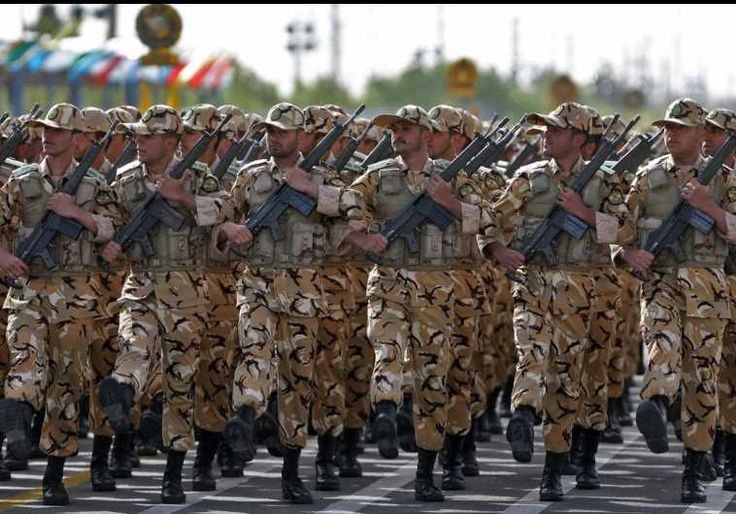
Was This a Prelude to Regional War?
Every expert agrees: this wasn’t a fluke.
This was a signal.
And Qatar, with its diplomatic bridges, is being pushed to choose sides.
But Doha has always danced on a wire — hosting U.S. troops, befriending Iran, and mediating for Palestinians.
Can it still maintain the balance? Or will this strike tip it into the arms of one axis?
Trump vs. Biden: Qatar Becomes an Election Pawn
As U.S. elections heat up, Qatar has become a talking point:
- Biden: “We are reviewing force protection policies across the Gulf.”
- Trump: “This would’ve never happened if I were still president.”
Both sides use Qatar to score political points, ignoring the reality on the ground.
For Qataris, this is no game. It’s existential.
Conclusion: Qatar, Caught in the Crossfire Yet Rising
Qatar has survived blockades, oil price crashes, and regional boycotts. But this missile strike may be the ultimate test. https://www.youtube.com/feed/subscriptions
Its leadership, military, expats, and economy now face a defining moment.
Will Qatar:
- Cave under pressure?
- Lean toward America?
- Distance from Iran?
- Or once again do the impossible: walk the razor’s edge and emerge stronger?
Time will tell.
But one thing is clear:
The world can no longer ignore Qatar.
